A conversation about the needs and issues facing military veterans has been arising in an unexpected place this year: the halls of Eastern Mennonite Seminary (EMS).
The dialogue has grown as several graduate students recently focussed their research projects for their master of divinity degrees on veterans’ concerns. They include Matt Stearn, who looked at how Mennonite denominations can provide healing communities for combat veterans, and Darin Busé, a Methodist pastor and former combat veteran who named spiritual trauma as another casualty of combat.
Although the topic is an unusual area of interest for a seminary in the historic peace church tradition, EMS dean Michael King says the timely and necessary discussion “plunges the seminary into one of the most critical issues of our day. There is a sense of really powerful mutual healing potential.”
Honouring the ‘veteran presence’ in his life
Stearn grew up in the military-heavy Hampton Roads area of southeastern Virginia. His father was an air force veteran, and several family members worked at the Newport News shipbuilding yards. Later, many of the members of the Baptist church where he worked were veterans.
“I’ve had a lot of veteran presence in my life,” says Stearn, who recently graduated with master of divinity and business administration degrees in April. “Having seen some of the ill effects of war and how veterans in some ways distance themselves from church made me want to take a closer look. Something happens to you when you have to take another person’s life. It changes people. How do we as a church respond to that?”
“We really have a theology set up to heal these veterans and provide what they need,” Stearn says. “Mennonites are very good in working with the civilian victims of war, but how can we also recognize soldiers as victims? I think most combat veterans agree that war, by nature, is evil.”
His final project, entitled “Mennonites and their tools: Healing communities for combat veterans,” argued that traditional definitions of and treatments for post-traumatic stress disorder (PTSD) miss the trauma of “moral injury,” in which feelings of guilt and shame arise from actions taken during the course of battle, actions that are often at odds with personal ethics and that can create mental and emotional dissonance in the aftermath.
“The various treatments for PTSD don’t treat soul issues,” Stearn says. “They cannot address the moral symptoms of war—only the clinical. Christian moral theology can offer a depth of context that clinical psychology cannot. We must develop a response that is theologically and clinically strong.”
Healing and sharing
Busé, who joined the army at age 19, serving six years supporting and engaging in combat in Honduras, Panama, Saudi Arabia and Iraq, sees similar potential.
“We experienced moral injury before it had been defined,” Busé says. “We didn’t feel like heroes, but we didn’t want to be villains. Many, many veterans isolated themselves—retreating inward or using alcohol or narcotics—and some acted out violently.”
The suicide rate, currently about two dozen a day, according to recent statistics, is historically high among veterans.
“It’s tragic,” he says. “It’s unacceptable.”
During his time at EMS, he says, “It became clear that I had been trying to make rational, things that were irrational. It took framing things in a spiritual context for me to start bringing some order to what I had experienced, but it’s a lifelong process, and community is a huge part of that process. It takes a community that will listen and accept the brokenness, and not judge you based on your mistakes.”
His final project, entitled “Human wholeness and the dissociative effects of post-combat trauma,” looked at some of those issues, naming spiritual trauma as another casualty of combat and pondering how one goes from “transgression to transformation.”
Sharing the good news, being open to veterans’ needs, and listening and offering friendship are ways that congregations can provide the necessary community and spiritual context that may lead to healing, according to Busé.
See also ‘Let nobody judge them.’


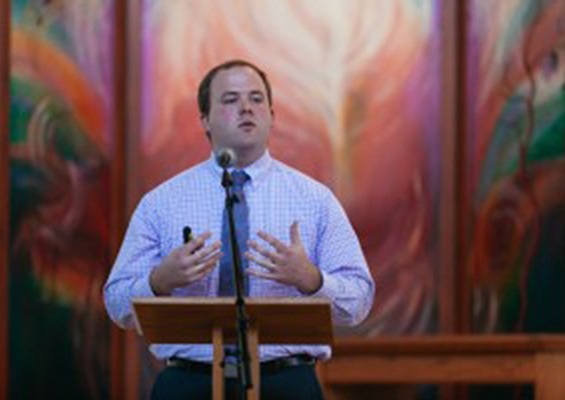

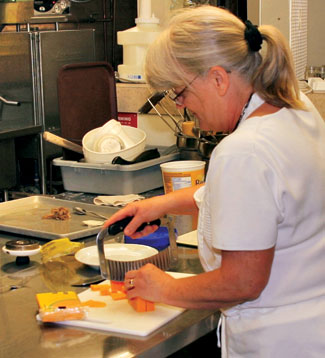
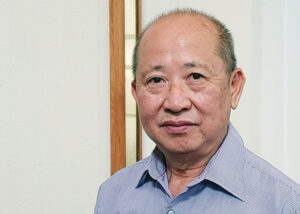
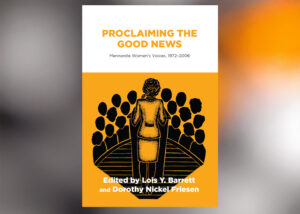
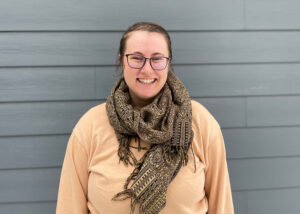

Leave a Reply
You must be logged in to post a comment.